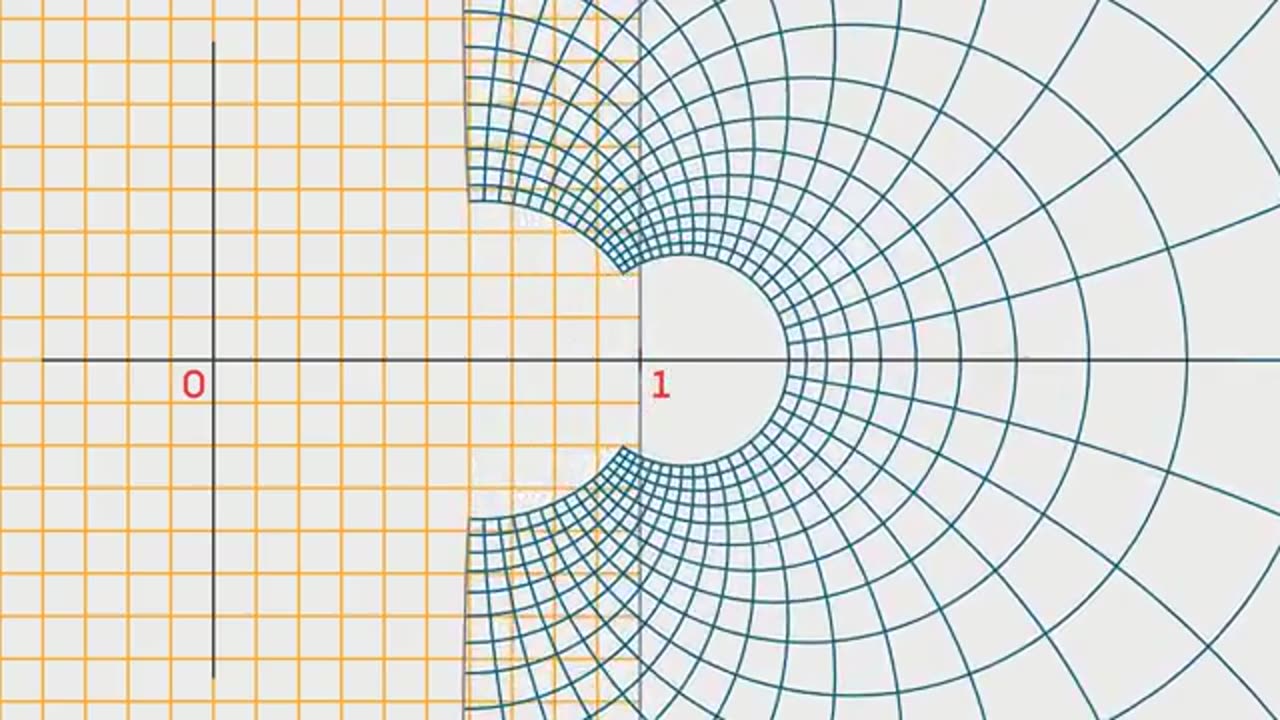Premium Only Content

The Riemann Hypothesis, Explained
The Riemann Hypothesis is one of the most famous and longstanding unsolved problems in mathematics. It is deeply connected to the distribution of prime numbers and lies at the heart of analytic number theory. Here's an explanation:
---
### **What is the Riemann Hypothesis?**
The Riemann Hypothesis concerns the **Riemann zeta function**, denoted as \( \zeta(s) \), which is a complex function defined for a complex number \( s \). It is initially defined as an infinite series:
\[
\zeta(s) = \sum_{n=1}^\infty \frac{1}{n^s}
\]
for \( \text{Re}(s) > 1 \). This series converges when the real part of \( s \), \( \text{Re}(s) \), is greater than 1. Using a process called **analytic continuation**, this function is extended to other values of \( s \), except for \( s = 1 \), where it has a singularity (pole).
---
### **Key Idea: Zeros of the Zeta Function**
The Riemann zeta function has **zeros**, which are the values of \( s \) for which \( \zeta(s) = 0 \). These zeros are classified into two types:
1. **Trivial Zeros**: These occur at all negative even integers \( s = -2, -4, -6, \ldots \).
2. **Nontrivial Zeros**: These occur in the "critical strip," where \( 0 < \text{Re}(s) < 1 \).
The Riemann Hypothesis specifically concerns the nontrivial zeros.
---
### **The Hypothesis**
The Riemann Hypothesis states that:
\[
\text{All nontrivial zeros of the Riemann zeta function lie on the "critical line" } \text{Re}(s) = \frac{1}{2}.
\]
In simpler terms, if \( s = a + bi \) is a nontrivial zero of \( \zeta(s) \), the hypothesis claims that \( a = \frac{1}{2} \), where \( a \) is the real part of \( s \).
---
### **Why is it Important?**
1. **Prime Number Distribution**: The Riemann zeta function is closely related to the distribution of prime numbers through the **Riemann prime-counting formula**. The hypothesis implies a more precise understanding of the irregularities in the distribution of primes.
2. **Implications in Number Theory**: Many results in number theory assume the truth of the Riemann Hypothesis. Proving or disproving it would validate or challenge these results.
3. **Connections Across Mathematics**: The hypothesis is tied to fields like complex analysis, random matrix theory, and quantum mechanics, highlighting deep connections in mathematics.
---
### **Current Status**
Despite extensive numerical verification (billions of nontrivial zeros have been computed, and they all lie on the critical line), a general proof or disproof remains elusive. The Riemann Hypothesis is one of the seven **Millennium Prize Problems** posed by the Clay Mathematics Institute, with a $1 million prize for a correct solution.
---
### **In a Nutshell**
The Riemann Hypothesis is a bold claim about the "hidden symmetries" in the universe of prime numbers. It asserts that the mysterious zeros of the Riemann zeta function are perfectly aligned, providing a crucial key to understanding the prime numbers' secrets. Solving it would be a monumental milestone in mathematics.
-
 3:12:08
3:12:08
MyronGainesX
6 hours ago $23.63 earnedDan Bongino Named As Deputy Director Of FBI And CPAC Recap
64.2K23 -
 3:12:31
3:12:31
vivafrei
6 hours agoBarnes Live from Seattle - Defending Benshoof in a Case that is CRAY CRAY!
78K26 -
 2:12:12
2:12:12
Robert Gouveia
6 hours agoLiberals EXPLODE over Elon's Email; Lawsuits FLY; Sanctions?? Congrats Dan!
48.3K25 -
 1:33:36
1:33:36
Redacted News
6 hours agoBREAKING! PUTIN LAUNCHES MASSIVE OFFENSIVE IN UKRAINE AS EUROPEAN LEADERS PUSH FOR MORE WAR
127K217 -
 44:39
44:39
Kimberly Guilfoyle
7 hours agoBetter Days Ahead for the FBI, Live with Asm Bill Essayli & John Koufos | Ep.199
82.3K25 -
 1:40:29
1:40:29
In The Litter Box w/ Jewels & Catturd
1 day agoWhat Did You Do Last Week? | In the Litter Box w/ Jewels & Catturd – Ep. 748 – 2/24/2025
127K36 -
 23:34
23:34
Stephen Gardner
7 hours ago🔥CNN PANICS over $5000 DOGE Dividend | Trump Orders bigger Audits
77.3K132 -
 1:53:54
1:53:54
The White House
9 hours agoPresident Trump Holds a Press Conference with President Emmanuel Macron of France
89.6K83 -
 1:48:31
1:48:31
The Officer Tatum
9 hours agoLIVE MSNBC DROPS HAMMER On Joy Reid as STAFFERS PANIC! + More Ep 67
122K80 -
 59:36
59:36
Chad Prather
8 hours agoTRUMP TAPS DAN BONGINO TO HELP LEAD FBI - IT’S OVER FOR THE DEEP STATE!
90.1K65